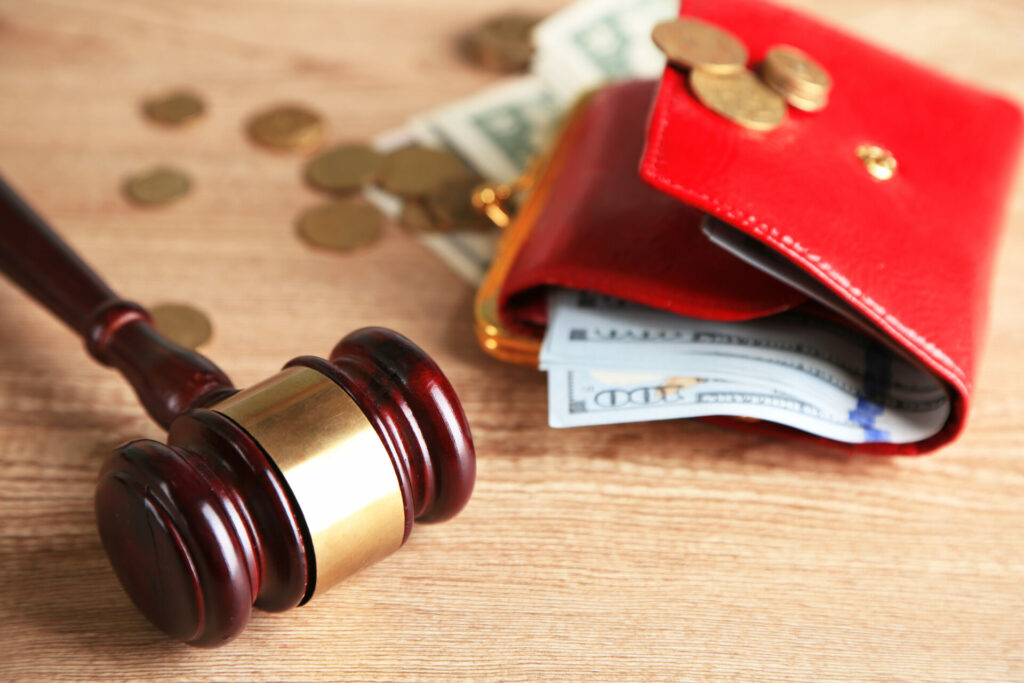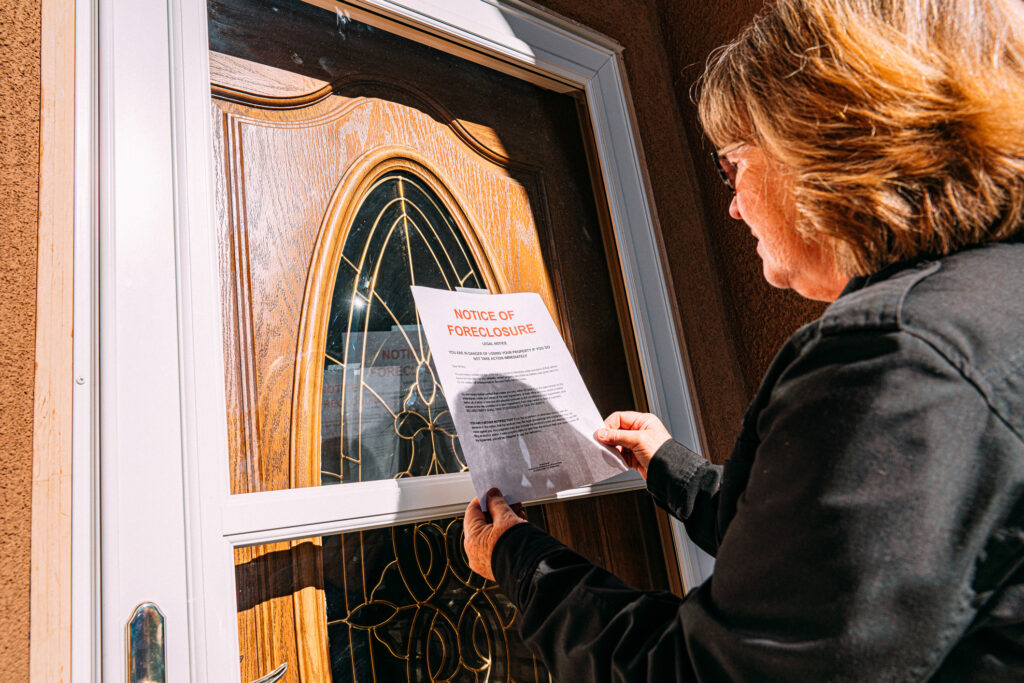What the Automatic Stay Stops and Some Exceptions to It
For many people, the decision to file bankruptcy is one that comes after a lengthy financial struggle. They may be facing repossession of a vehicle, foreclosure of a house, or other advanced collection activity. If you’re in need of foreclosure defense or don’t know how you will continue to pay your bills, a Chapter 7 or Chapter 13 bankruptcy might be able to help. Part of that help comes in the form of the automatic stay.
What Is the Automatic Stay?
The automatic stay goes into effect as soon as you file a bankruptcy petition. It creates a general moratorium on collections activities, which means creditors that are named in your bankruptcy petition cannot begin new collections activities.
The purpose of the automatic stay is to freeze collection activities immediately so that the bankruptcy process can occur. This means that you don’t have to wait for any type of approval or hearing in your case for the automatic stay to apply—as soon as your petition is filed, it goes into effect. The stay lasts throughout the bankruptcy case.
What Actions Does the Automatic Stay Prohibit?
The automatic stay freezes most collection activities. Things the automatic stay prohibits include, but are not limited to:
- Foreclosure: If you are late on your mortgage, the bankruptcy automatic stay can stop foreclosure temporarily and allow you time to work through bankruptcy to keep your house. This is true even if the mortgage company has already begun foreclosure actions. If the petition is filed before the sale of the home at a foreclosure auction, the automatic stay typically stops it.
- Repossession: If you include a vehicle loan in your bankruptcy, the automatic stay prevents a repossession in the same way that it stops foreclosures.
- Wage garnishment: Creditors cannot move to garnish your wages based on a judgment against you once the automatic stay is in place. Depending on the nature of the debt and your bankruptcy, you may also be able to have existing garnishments paused while you work through bankruptcy.
- Lawsuits and judgments: Creditors that have not already filed a lawsuit against you cannot do so while you are in the process of bankruptcy. If a creditor has already filed a lawsuit against you, they will not be able to get a judgment during your bankruptcy.
- Further debits, collections calls, and other related activities: Collectors and creditors that are listed on your bankruptcy petition generally need to stop contacting you about debts or seeking payment from you. They will need to start working through your attorney for any communications if you have a lawyer for your bankruptcy.
What Are the Limitations of the Automatic Stay?
The automatic stay is not unlimited, however. First, if you don’t include a debt in your bankruptcy petition, it may not be impacted by the automatic stay. Working with an experienced bankruptcy attorney can help you understand what you need to include in your documents.
Certain types of collections are also not covered under the automatic stay. For example, spousal and child support payments owed under a court order are not impacted by the stay, and neither are wage garnishments or other collections activities associated with delinquent support payments.
If you owe money related to a criminal matter, such as fees owed after conviction of a crime, these are not covered under the automatic stay either. Tax collections are only partially limited by the automatic stay. If you owe money to the IRS and include that in your bankruptcy filing, the IRS can’t garnish your wages or put a lien on your home while the stay is in place. However, it can seize any tax refund you might have been owed and apply that to outstanding tax debt.
How Long Will the Automatic Stay Be in Place?
How long the automatic stay lasts depends on your bankruptcy situation. In most cases, the stay remains in place throughout the bankruptcy proceeding, ensuring the debtor has time to seek appropriate relief through bankruptcy.
For a Chapter 13 bankruptcy, that means the automatic stay remains in place for the three to five years of the repayment plan. You will pay back some of your debt during that time through a repayment plan, but the creditors will not be otherwise actively seeking to collect from you. Those payments are also made through the bankruptcy trustee, who manages the repayment process.
If your bankruptcy is dismissed for any reason, such as a problem with your petition or failure to make required payments to the trustee for a Chapter 13 repayment plan, the automatic stay will not remain in place. You may also have an automatic stay that only lasts for 30 days if you have previously filed a bankruptcy within the past year and file a new one. In this case, you can petition the court to extend the stay, but whether it agrees to do so depends on the facts of your case.
Talk to a Bankruptcy Attorney About Your Situation
Bankruptcy filings can provide a lot of relief for individuals or families who are struggling with finances. However, these legal processes are complex and depend on accurate paperwork, timely filings, and a full understanding of your options.
To find out whether the automatic stay can help with your debt or what type of bankruptcy might be right for you, connect with the Holland Law Office today at 970-205-9690.







